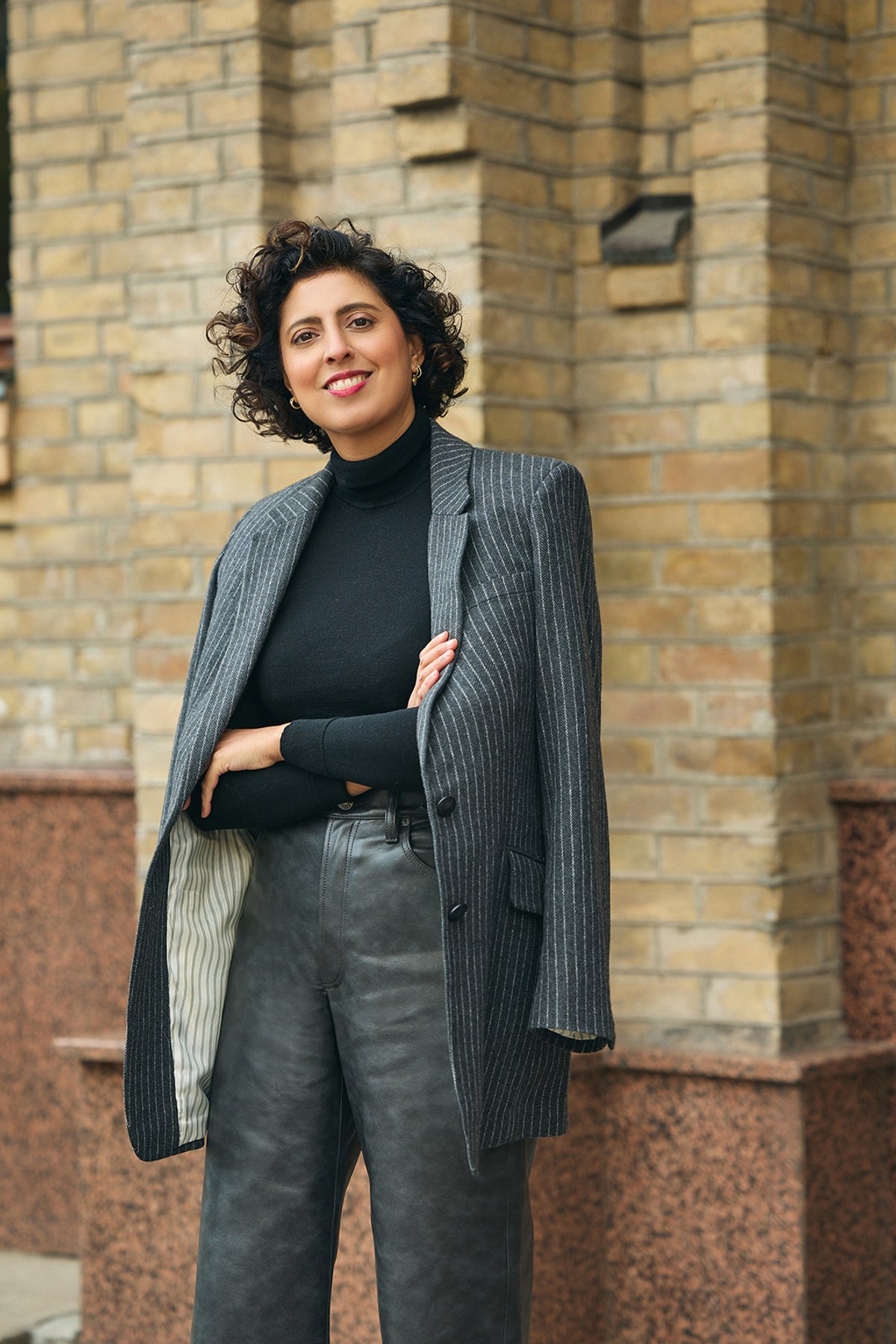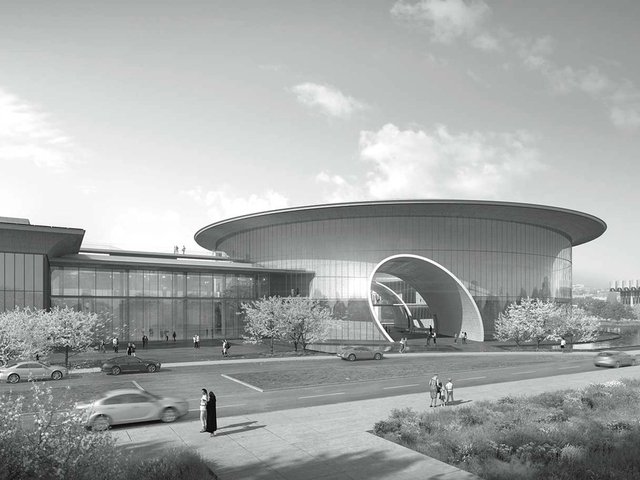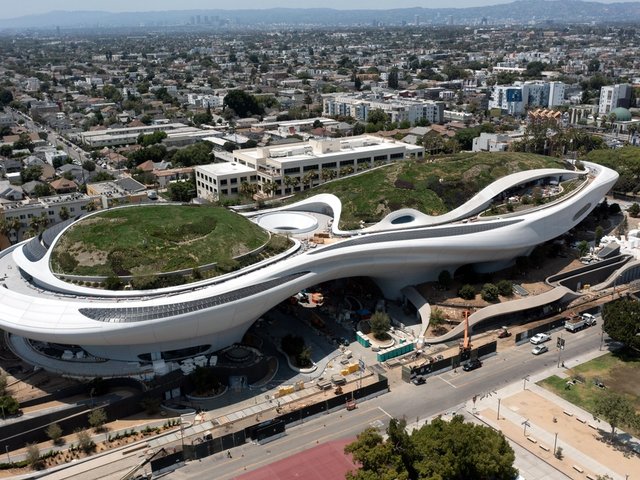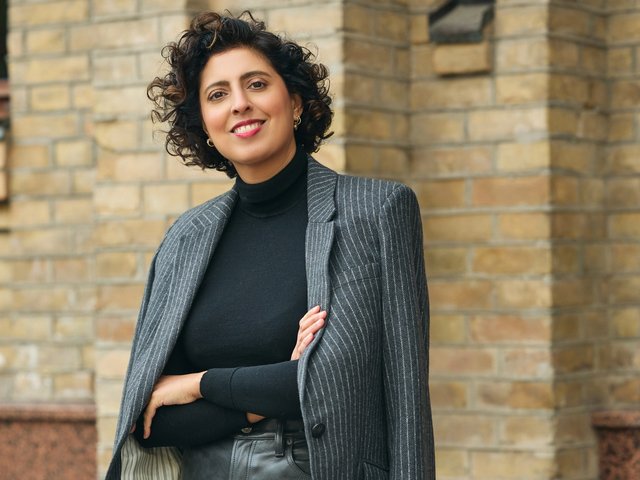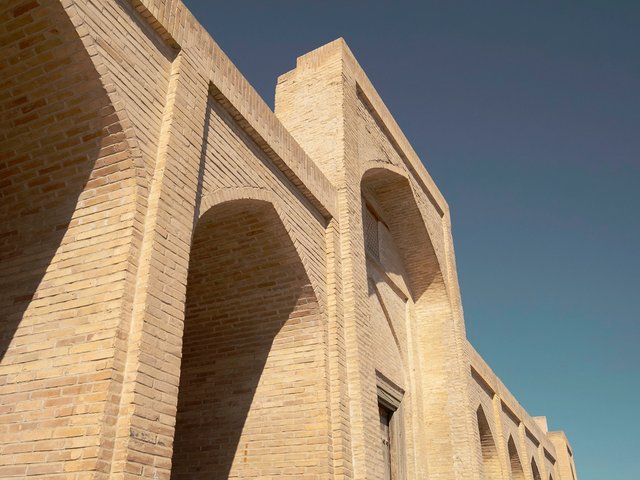Sara Raza, the new artistic director and chief curator of Uzbekistan’s Centre for Contemporary Art Tashkent (CCA), is the author of a book called Punk Orientalism: The Art of Rebellion, in which, the book’s website says, “the theme of non-conformity and the punk rejection of state authority is a continuous thread throughout”.
It would be valid to question how such ideas are compatible with working in Uzbekistan, which places 172nd out of 194 countries in terms of civil liberties and political rights, according to the 2025 edition of Freedom in the World by the NGO Freedom House.
“People have existed in this land for hundreds of years, and they have always addressed social issues,” Raza tells The Art Newspaper. “But perhaps it hasn’t been like a hammer on the wall, it’s been addressed in more subtle ways. So I think that we have to give artists credit that they will always find a way to express themselves.”
Uzbek ancestry
In many ways, Raza, who was born in London and grew up in New York, is a natural choice for the new post, which she took up in January. She combines international experience with a longstanding commitment to Central Asia and even Uzbek ancestry. A former curator at the Guggenheim Museum in New York, she has curated festivals in Uzbekistan and Azerbaijan and designed the curriculum for the first MA in museum studies in Central Asia.
Uzbekistan is a patriarchal society, with women historically under-represented in politics and public administration. But the nation’s cultural sector is bucking this trend, as Raza’s appointment shows. The most prominent figure in Uzbekistan’s cultural landscape is Gayane Umerova, the chair of the Uzbekistan Art and Culture Development Foundation, which funds the CCA.
“She’s leading all the cultural advancements of the country,” Raza says of Umerova. “It’s definitely matriarchal in that sense. Women at the forefront.”
CCA restoration
The Tashkent CCA building, a restored 1912 tram depot, is currently undergoing refurbishment and expansion by the French architecture firm Studio KO to create more exhibition space. Founded in 2019, the CCA is the only permanent contemporary arts centre in the country, and Raza is its first artistic director and chief curator.
Its previous exhibitions include a 2021 show exploring the legacy of ninth-century Uzbek scientist and mathematician al-Khwarizmi and his influence on contemporary technology, culture, and Western innovation.
Initially the building’s reopening was scheduled for this month, but construction delays have pushed it back to 2026. However Raza has already been able to launch a programme of artist residencies, with studios and workshops based in refurbished traditional Uzbek living quarters called mahallas.
Reaching out
Although she is looking forward to attracting the public to the venue once it reopens, Raza is also keen to engage audiences outside it. Uzbeks under 30 make up 60% of the population, so one of her first hires was a 19-year-old youth curator. “Who better to know this group than someone of that age?” she says.
When working at the South London Gallery, Raza reached out to the large African diaspora community in the area. “They didn’t come to the space, so the effort needed to be made to go to them,” she says. “There was a lot of programming that I did there in local bars, pubs and restaurants that was about going out there and meeting people.”
In Tashkent, she is looking forward to similarly bringing art and culture to the people. “You must go to your community, not expect them to come to you,” she says.


